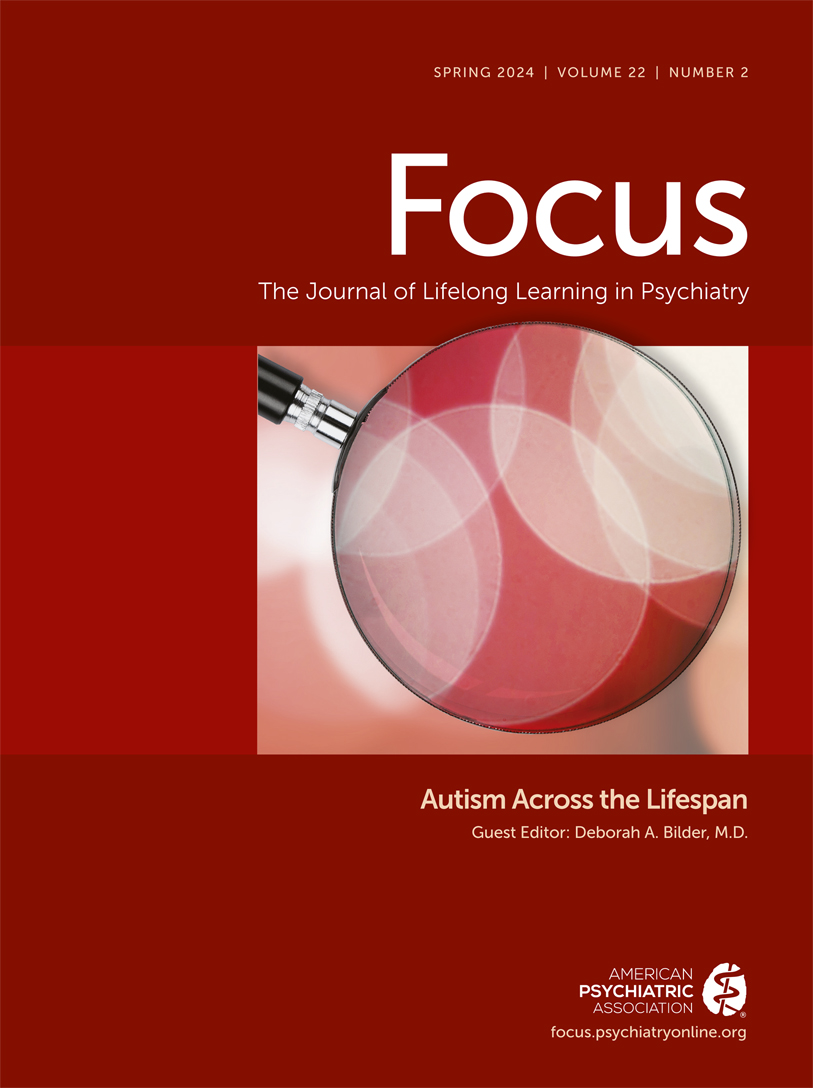Abstract
Autism spectrum disorder is associated with a high rate of sleep problems, affecting over 80% of autistic individuals. Sleep problems have pervasive negative effects on health, behavior, mood, and cognition but are underrecognized in autistic children. Problems initiating and maintaining sleep—hallmarks of insomnia—are common. Sleep-disordered breathing and restless legs syndrome have also been described in autism at a higher prevalence than in community populations. The authors describe current research on sleep in autistic children and potential pathophysiologic mechanisms. They describe practical approaches to sleep assessment and synthesize approaches to addressing sleep problems in autistic children.
Access content
To read the fulltext, please use one of the options below to sign in or purchase access.- Personal login
- Institutional Login
- Sign in via OpenAthens
- Register for access
-
Please login/register if you wish to pair your device and check access availability.
Not a subscriber?
PsychiatryOnline subscription options offer access to the DSM-5 library, books, journals, CME, and patient resources. This all-in-one virtual library provides psychiatrists and mental health professionals with key resources for diagnosis, treatment, research, and professional development.
Need more help? PsychiatryOnline Customer Service may be reached by emailing [email protected] or by calling 800-368-5777 (in the U.S.) or 703-907-7322 (outside the U.S.).



